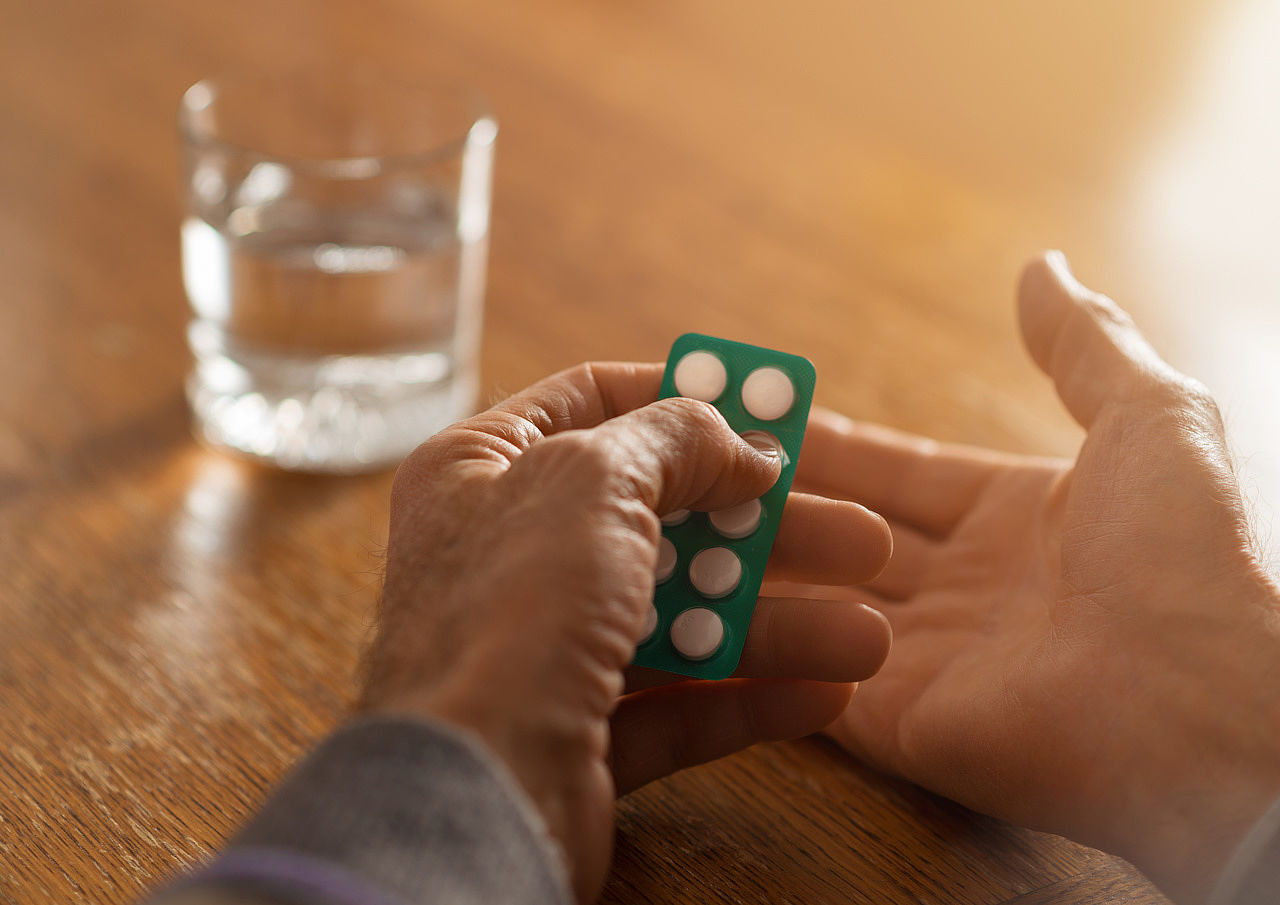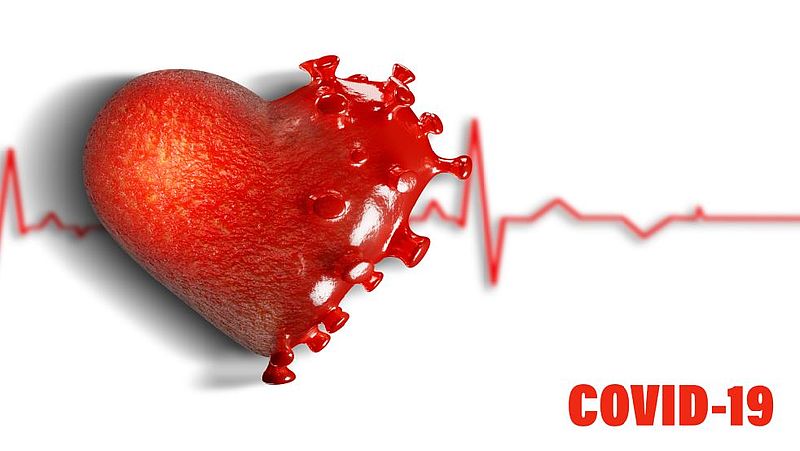Data from cell and animal experiments suggest that ACE inhibitors and Sartane could potentially promote infection with the novel coronavirus. "For the hypothesis - also formulated in a renowned scientific journal - that patients could have a worse prognosis for a SARS-CoV-2 infection due to the intake of ACE inhibitors and Sartane, there is a lack of clinical evidence so far," says Professor Thomas Eschenhagen, spokesman of the board of the German Center for Cardiovascular Research (DZHK) and director of the Institute for Experimental Pharmacology and Toxicology at the University Medical Center Hamburg-Eppendorf (UKE). This is also the view of the German Society of Cardiology DGK: "There is currently no clear evidence that the administration of ACE inhibitors or Sartans is associated with increased mortality or susceptibility to lung complications after SARS-CoV-2."
Heart attacks and strokes are the greater risk
In contrast, ACE inhibitors and Sartane are effective in hypertension and heart failure by reducing mortality and the likelihood of hospital admissions. Many studies have given evidence of this. The German Heart Foundation therefore explicitly warns patients not to continue heart medications such as ACE inhibitors and Sartane or to change the dosage without consulting a physician. "The life-threatening risks of heart attacks and strokes in the event of sudden discontinuation of these heart medications clearly outweigh the advantages of avoiding ACE2 and its effects in the case of SARS-CoV-2 infection, which are only assumed on the basis of hypotheses," emphasizes cardiologist and pharmacologist Prof. Meinertz from the Scientific Advisory Board of the German Heart Foundation.
Why is an unfavourable influence suspected?
It is known from the SARS pandemic 2002/2003 that the SARS corona virus at that time used the angiotensin converting enzyme ACE2 as a so-called receptor and hence as an entry portal into human cells. According to reports, ACE inhibitors and Sartane increase the activity of ACE2 in the heart and could potentially promote COVID-19 infection. "But whether ACE2 is really the receptor for the new coronavirus variant SARS-CoV-2/COVID-19 is not yet clear according to the current state of scientific knowledge," says Prof. Dr. med. Thomas Eschenhagen, spokesman of the board of the German Centre for Cardiovascular Research (DZHK).
Increased susceptibility for cardiovascular patients
According to the DGK, patients with cardiovascular diseases and especially with heart failure, diabetes or a combination of both are more susceptible to infections with the novel coronavirus SARS-CoV-2 and die more frequently after such an infection. "This makes it all the more important for this group of patients in particular to take their heart medication consistently in order not to put their heart at additional risk in the event of an infection with COVID-19 or any other viral or bacterial infection," said Meinertz.
Contact: German Heart Foundation, Tel.: +49 69 955128114/-140, presse(at)herzstiftung.de
Source: Press release of the German Heart Foundation (in German only)


